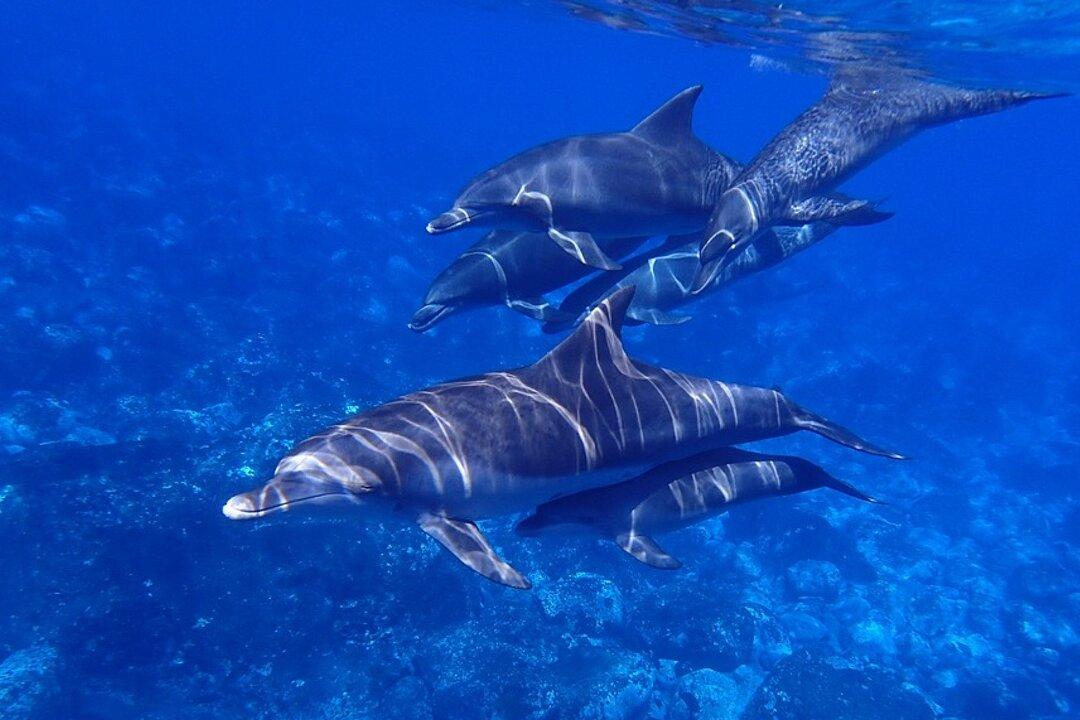Animals also suffer heartbreak when their loved ones die. A recent video on Twitter shows the heartache of a dolphin who was seen pushing her dead calf through Indian Shores, Florida.
The video was shared by See Through Canoe, a company that manufactures transparent canoes.






